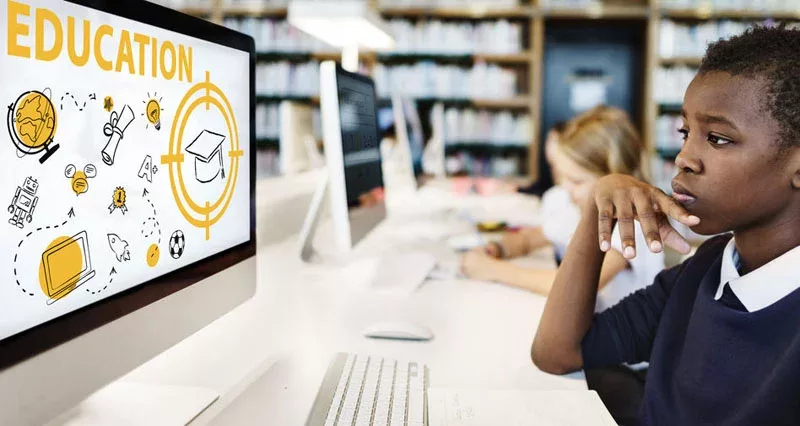Parents sometimes disagree about their children’s choice of school and their education. Decisions such as which school children will attend, placement in advanced or special classes, or extra curricular activities can be in conflict between parents. But when parents are divorced or separated, the matter can require third-party intervention such as counselors, principals or even the court.
In Arizona, the law has become more clear with regard to who decides choice of school and similar decisions. If one parent has been granted sole legal decision making, then that parent has final say on major decisions that can include education, religion, medical care and activities. If the parents share joint legal decision making, parents must be able to make these decisions together and the court can now refrain from making those parental decisions. (Source: http://www.azcourts.gov/Portals/0/OpinionFiles/Div1/2018/1%20CA-CV%2017-0069%20FC.pdf)
As with most decisions impacting separated families, communication is key to ensuring agreeable outcomes. For co-parents that share legal decision making, open and respectful communication goes a long way to reaching a mutual decision. If opposing opinions cannot be unified to a consensus, private mediation may be a successful alternative to help you reach an agreement. Mediation also helps improve co-parenting and family relationships by encouraging healthy negotiating, positive communication, that leads to a reduction in conflict between co-parents. Mediation empowers parents to reach their own decisions about what is best for their children.
If you’re a parent that has not been granted sole legal decision making, you can still express your opinion in a calm, respectful way, with the best interest of the children in mind. While the ultimate decision will be made by the parent with sole legal decision-making authority, effective co-parenting involves keeping an open mind.
Decisions related to education can also impact school administrators and teachers, leaving them uncertain who to contact with important information about their children. Communication that includes all parties can help prevent confusion on the part of the school and avoid one parent feeling like they never know what is happening in their children’s education. Read more on proactive communication with educators: Changing Children’s School After Divorce
Timing is key with decisions related to education and school choice. It’s best to start as early as possible, preferably the prior school year, to allow for joint decision making, mediation if necessary, and a smooth transition for the children if a change is determined to be in their best interest.
Because Arizona law has limited the court’s authority to decide certain decisions that should be decided by parents, communication and collaboration is key. But if you find yourself at an impasse on important decisions, an experienced attorney can be helpful in reaching an agreeable outcome.
As an experienced mediator and family law professional Cristi McMurdie will help co-parents determine the best approach for their specific circumstances. If McMurdie Law & Mediation can be of assistance, please call us at 480-777-5500.

